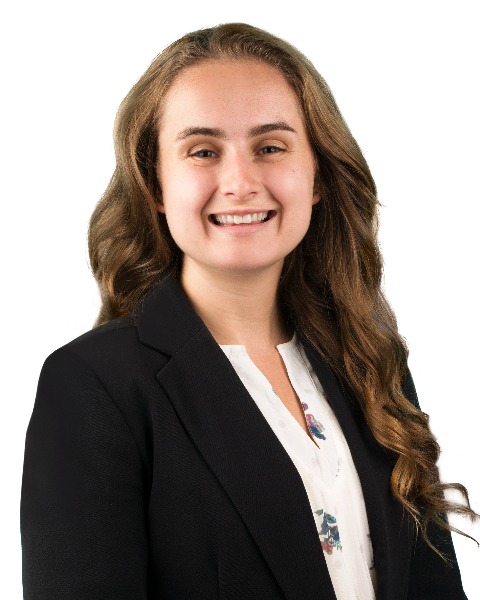Hospital Medicine Works in Progress
Session: Hospital Medicine Works in Progress
WIP 73 - Exploring the perspectives of Pediatricians on the value of routine hospital discharge follow-up visits
Sunday, April 27, 2025
8:30am - 10:45am HST
Publication Number: WIP 73.7367
Quynh Pham, The University of Texas at Austin, Dell Medical School, Austin, TX, United States; Alice Lee, Dell Children's Medical Center of Central Texas, Austin, TX, United States; Natalie R. Weston, Dell Children's Medical Center of Central Texas, Austin, TX, United States; Kelsey Fath, University of Texas at Austin Dell Medical School, Austin, TX, United States; Sanyukta Desai, Dell Children's Medical Center of Central Texas, Austin, TX, United States; Jennifer Duc, Dell Children's Medical Center of Central Texas, Austin, TX, United States; Michelle Gallas, University of Texas at Austin Dell Medical School, Austin, TX, United States; Tara Greendyk, University of Texas at Austin Dell Medical School, Austin, TX, United States

Natalie R. Weston, MD, MSE (she/her/hers)
Resident Physician
Dell Children's Medical Center of Central Texas
Austin, Texas, United States
WIP Poster Presenter(s)
Background: There is considerable variability in discharge education, specifically instructions for follow-up with primary care pediatricians (PCPs), for otherwise healthy pediatric patients hospitalized with common illnesses [Chen, 2016]. Given that most common childhood illnesses self-resolve and have low readmission rates, the necessity of automatic PCP follow-up for this population remains uncertain [Coon, 2021].
Objective: We aim to investigate PCP perspectives on routine hospital follow-up for healthy children admitted for common acute illnesses and how healthcare resources and disparities influence these perspectives. These perspectives can help to better understand how to guide patients during their transition from hospital to home.
Design/Methods: Qualitative study using a semi-structured interview guide developed with the help of PCP faculty advisors and a qualitative research expert. PCP demographics listed in Table 1. The guide addressed questions regarding perspectives on routine hospital follow-ups, access and barriers to hospital information, and healthcare disparities related to hospital discharge follow-up. Inclusion criteria, diagnoses, and exclusion criteria for patients discussed are listed in Table 2. This study was approved for IRB exemption.
PCPs were recruited via email through a listserv known to our PCP faculty advisors. Interviews were conducted July - September 2024. Each interviews’ audio files were de-identified, transcribed, and stored in an encrypted server.
Two researchers trained in qualitative methodology are independently coding each interview through NVivo, a qualitative data analysis computer software. Coders meet periodically to ensure intercoder reliability. We will use inductive descriptive thematic analysis to identify, define, and refine themes once coding is complete. Coding will be completed by mid-November. Analysis will take place December-January. Results will be produced by March.

